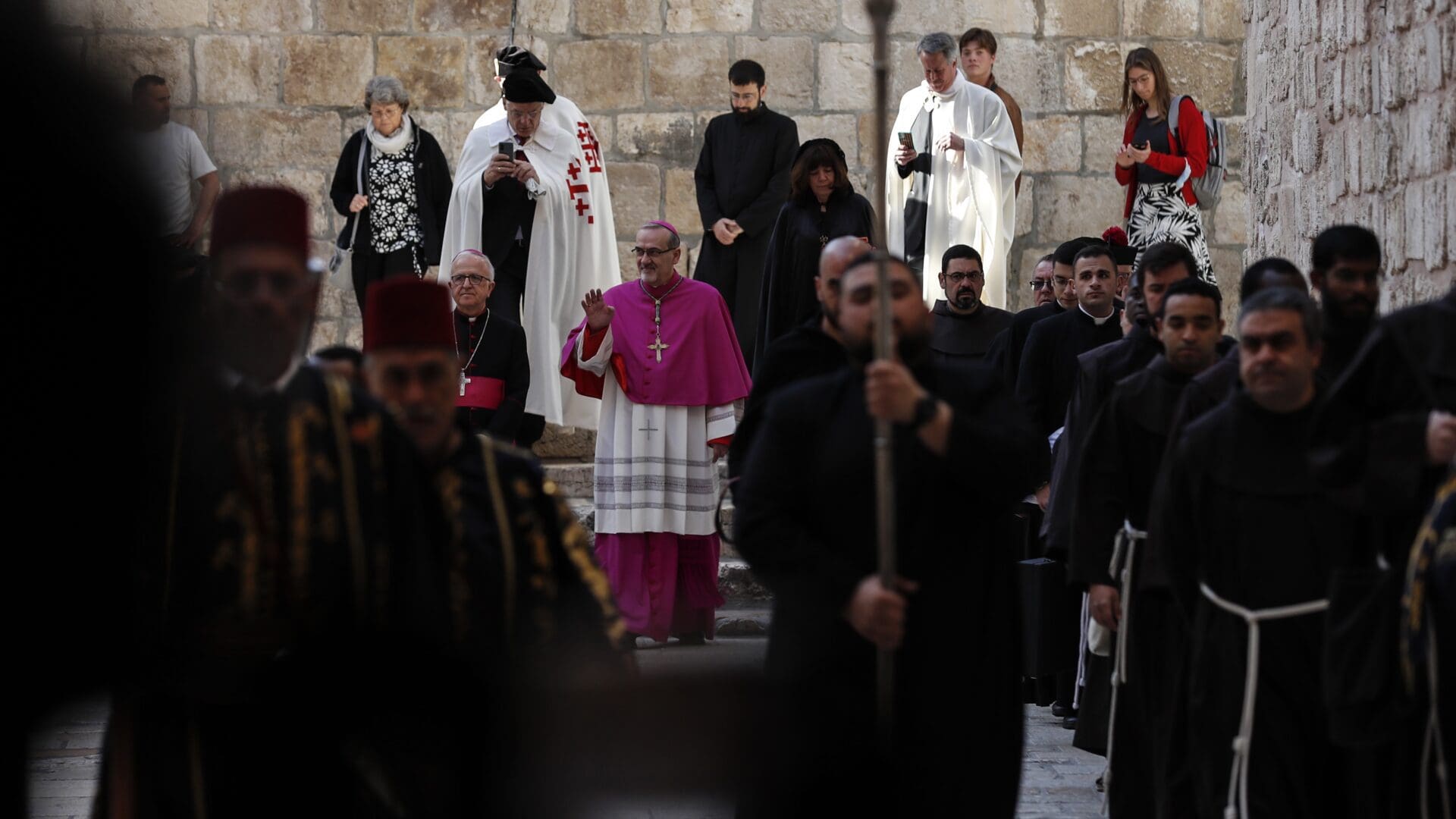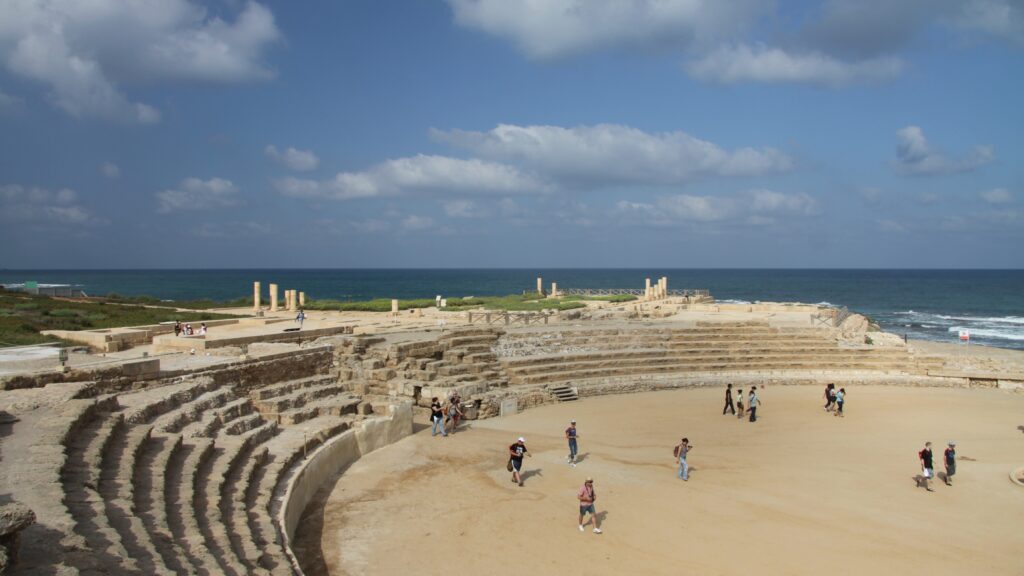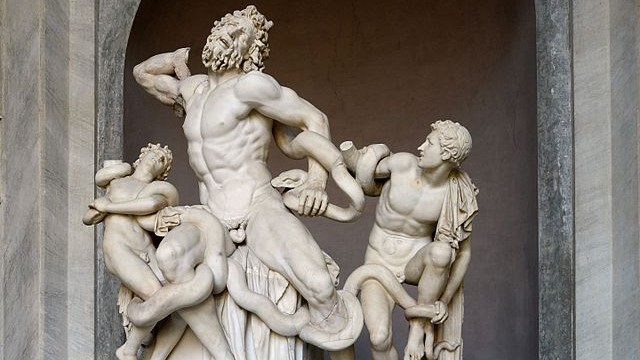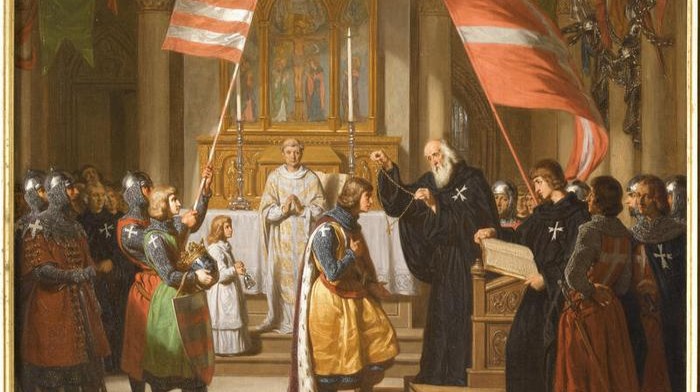Many of us in the West have seen on our tv screens and in social media outlets the reports of hundreds of thousands of Israelis took to the streets to protest against Prime Minister Benjamin Netanyahu’s judicial reform. If passed, it would allow his Likud Party lawmakers at the Knesset—Israel’s parliament—to override many decisions made by the country’s Supreme Court, as well as having greater control over appointments to the high court.
According to Lóránt Sümeghi, political analyst at the Mandiner, Netanyahu’s move is the last hope for democracy in Israel, or for that matter, the Middle East. In fact, Israel is so much viewed as the land of liberty in the region that the Hungarian government apparently decided that, just as the United States did under then President Donald Trump, it would would move its embassy in Israel from Tel Aviv to Jerusalem this month.
In recent years, Budapest has perhaps been Israel’s most salient supporter in the European Union, blocking several efforts to issue statements critical of Israeli policies, such as refusing to condemn their annexation of the West Bank in 2020.
Israel, particularly under the Likud leadership, has been praised as the democracy in the Middle East, i.e., the land of freedom of speech and freedom of religion by numerous fundamental Christians and various conservative politicians and think tanks. Indeed, Netanyahu, speaking to Christian Zionists in Rio de Janeiro in December 2018, stated:
‘If you are a Christian in the Middle East, there’s only one place where you are safe. There’s only one place where the Christian community is growing, thriving, prospering. That’s in the State of Israel.’
This could not be any further from the truth. It is bad enough that indigenous Palestinian Christians in the Holy Land have to suffer persecution there at the hands of Islamists, like Hamas for their faith. It is, however, another thing that they are discriminated and attacked by Israelis for being Palestinian.
And their situation keeps getting worse.
The Discrimination of Christians in Israel Is Real
Christians in Jerusalem have for decades been targeted by fundamentalist Jews. As reported by Al Jazeera, Christian leaders in Jerusalem say never have Israeli attackers felt more emboldened than under Netanyahu’s far-right ruling coalition.
On 26 January, for example, the Armenian owner of Taboon and Wine Bar in the Old City of Jerusalem was physically attacked by a mob of Israeli settlers in his bar in the Christian Quarter with shouts: ‘Death to Arabs…Death to Christians.’ Yet it is not just Armenian Christians who have had to bear this. Indeed, priests of all denominations describe being abused for years.
Aside that a longstanding Israeli law that does not recognize marriage between Christians and Jews, Israeli authorities have continually prohibited Christians in the Gaza Strip from visiting the holy cities, such as Bethlehem and Jerusalem, to celebrate Christmas.
Since 2019, only about one hundred Gazan Christians have been granted yearly permits to travel abroad, but none were allowed to go to Israel or the West Bank, both of which are home to many sites holy to Christians.
Christian ceremonies during Holy Week, at least since 2005, have brought military barricades and harsh treatment from soldiers and settlers alike, with the number of worshippers allowed inside the Church of the Holy Sepulchre drastically limited, from as many as 11,000 historically during the Holy Fire on Holy Saturday to now 1,800 since last year, with authorities citing safety concerns.
Recently, in a shocker to Christian Zionists, the United Torah Judaism’s Moshe Gafni and Yaakov Asher have tried to introduce a bill that would make religious proselytization punishable by up to one year in jail. The penalty would increase to two years if the individual being solicited was a minor—in 1998, Labour MK Nissim Zvili sponsored a bill criminalising written proselytization material that Christians feared could be used to outlaw possession of the New Testament. He eventually withdrew the bill after dozens of evangelical groups publicly committed not to carry out missionary work in the country.
Although the Israeli Prime Minister has vowed that Gafni and Yaakov’s proposal would never become law under his administration, the anti-Christian sentiment from certain right-wing Israelis continues to be omnipresent. In fact, it has become a ‘daily occurrence’:
at the beginning of the year, thirty Christian graves at the Protestant Mount Zion Cemetery were desecrated;
in March a resident of southern Israel was arrested after attacking priests with an iron bar at the Tomb of the Virgin Mary in Gethsemane; at the Church of the Flagellation, someone damaged a statue of Jesus with a hammer; and last month, an Israeli came to the Church of Gethsemane during Sunday religious services and tried to attack the priest with an iron bar.
Ideologically, the main reason for this targeting of Christians and their holy sites comes from the indoctrination of certain ultra-religious Jewish groups, according to community and church leaders. Most attacks come from a small minority of teenage yeshiva students, they say. According to the Greek Orthodox Patriarch Theophilos III of Jerusalem:
‘Their mind is obsessed with the “Messianic syndrome”. They want to take over the whole land. When you see young people, 15 or 16 years old, and they do all sorts of things and they’re not afraid, someone is behind it.’
In a 2021 joint statement by the ‘Patriarchs and Heads of Churches in Jerusalem’ warned that radical Jewish groups were working to drive Christians out of Jerusalem. This was met with anger by the Foreign Ministry headed by Yair Lapid, and by President Isaac Herzog. They said such statements were ‘baseless, and distort the reality of the Christian community in Israel.’
All of this, however, is happening ‘in the grips of the most serious crisis between Israel and the churches since 1948,’ said Daniel Seidemann, a Jerusalem lawyer intimately involved in discussions with state and institutional delegations. And while the entire world was made aware of the storming of the Israeli police into the Al-Aqsa Mosque in Jerusalem’s Old City last week, as Seidemann said: ‘Nobody is talking to the churches.’
How Hungary Can Help
Orthodox Christians have just recently celebrated Holy Week, since they follow the Julian calendar. And once more, the Israeli police limited the number of pilgrims who can attend Christian celebrations, including the Holy Fire ceremony, irrespective of the security situation. Many Christian leaders, who say there is no need to alter a ceremony that has been held for centuries, believe this is part of an ongoing Israeli policy to push them out of their homeland.
‘They’ve locked down the Christian and Armenian quarters on the actual day [of the ceremony–Saturday] and pretty much let no one else into the city except for those issued tickets by the police for the Holy Fire,’ said Donald Binder, chaplain to the Anglican archbishop of Jerusalem.
Hungary, as already highlighted, has proven to be a sturdy ally of Israel in European. Indeed, in January 2022 then Prime Minister Naftali Bennett thanked Orbán for his ‘steadfast support for Israel in international institutions’. Hungary has also been, as reported by Virág Lőrincz, ‘one of the safest European countries for Jews to live in’.
Orbán has championed the cause of the family and of Christianity in Hungary—and God bless him for that! Indeed, notwithstanding Hungary being a small Central European country, Orbán has been able to be recognised as a determined and effective leader, even by his adversaries. If he could make a public statement as to how our Christian brethren are being mistreated in Israel, perhaps the necessary attention would be given to them by the Israeli government. For as Fr. Francesco Patton, Guardian of the Christian Holy Places in the Holy Land on behalf of the Catholic Church said: ‘[I]t is no coincidence that these serious incidents are taking place specifically now.’








